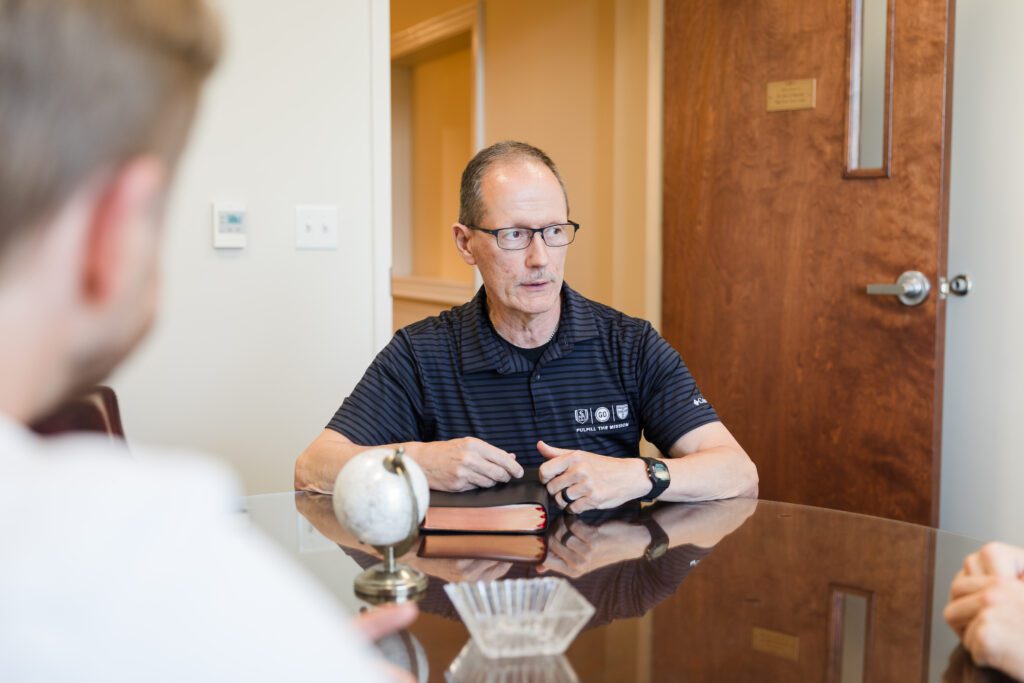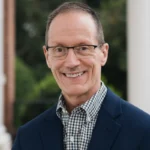Few things excite me as much as the opportunities I have to invest in college students, even if for only a few hours or a couple of days. I’m convinced, in fact, that pastors need to be investing in at least one college student—even if there are no colleges or universities in a pastor’s city or town. Here’s why:
- All of us must be making disciples. That’s simply the mandate of the Great Commission (Matt 28:18-20), and both Jesus and Paul made disciples by investing in a group of followers. They changed the world by changing the few.
- College students are at a critical juncture in their lives. They’ve most often stepped out from under the training of their parents, and they’re learning about new worldviews and options. They need spiritual mentors to help them make their faith their own.
- They’re longing for interaction with adult mentors. That’s particularly the case for Christian students who really do want to walk faithfully with God. They want someone to walk beside them during their college years.
- They need up-close spiritual leaders who serve well, love well, and end well. College students have already seen too many leaders who’ve fallen prey to destructive sin—so much so that they’re often skeptical of anybody’s spirituality. One strong, consistent, humble pastoral role model can change that perspective, however.
- They need to see how they can live out their faith in every area of their lives—present and future. Whether they’re single or married, mechanics or ministers, male or female, they need—and want—guidance on being missional wherever they live. Pastors can offer that direction.
- College students often have a zeal for the Word of God that is unmatched. I preach in a lot of settings representing different generations, but I’ve never seen the passion for biblical teaching that I’ve seen in college students. We pastors ought to want to hang out with them, even if only because we love an interested audience.
- They’re at the point in life where they can usually devote more time to the Great Commission task. Collegians can give some portion of their lives—perhaps 1-2 years, perhaps more—to North American and global missions. Pastors can not only encourage them to do so, but they can also offer guidance and networking with the best people.
- A faithful pastor’s efforts can change the rest of a student’s life. In my decades of ministry, I’ve lost count of the laypersons, pastors, and missionaries who point to a collegiate minister or pastor whose attention grounded them in a life-long faith.
- Technology makes it possible to invest in college students wherever they attend school. In fact, I’m walking beside as many young men outside of Wake Forest, NC (where I live and serve at Southeastern Seminary) as on our seminary campus. It takes some work, but it’s doable.
- Many pastors—beginning with me—need interaction with this young generation. We’re better informed and more relevant when we learn from a generation that faces issues and tackles topics that seem almost foreign to us. College students keep our feet in the real world.
Pastor, I encourage you to make time to connect with a college student this week. I doubt you’ll regret it.
Editor’s note: This post was originally published at chucklawless.com

MDiv Preaching and Pastoral Ministry
The Preaching and Pastoral Ministry track prepares students for pastoral ministry in the local church with a special emphasis on expository preaching.




No comments have been added.